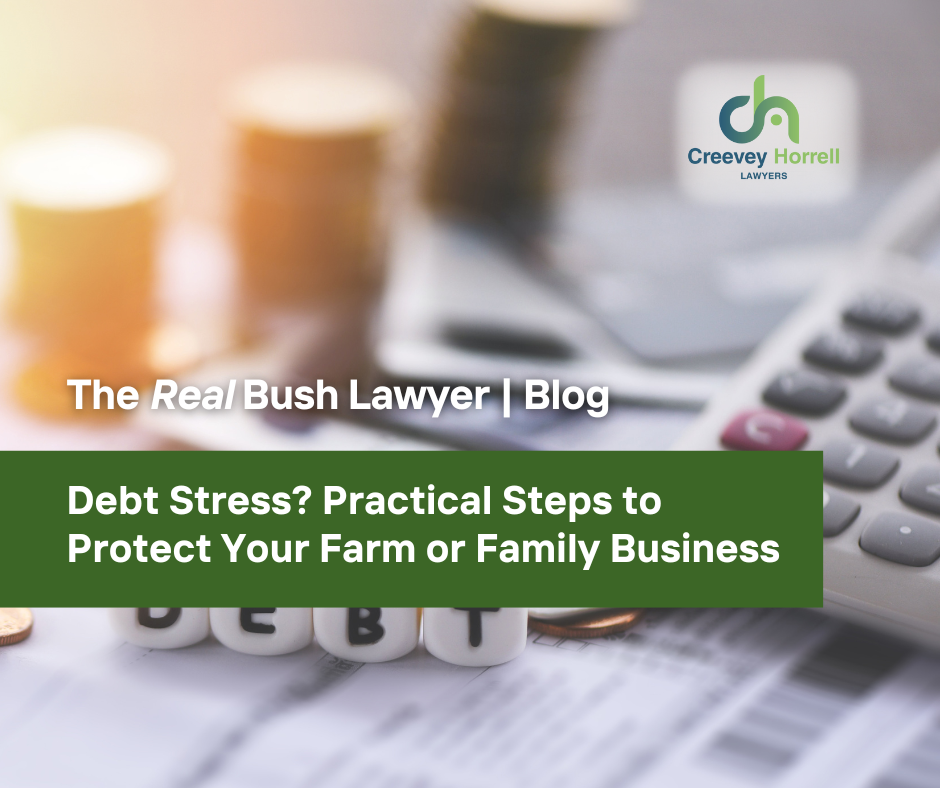UNFAIR DISMISSAL - WHAT IS IT AND WHO DOES IT PROTECT?
- Creevey Horrell Lawyers

- Mar 23, 2023
- 2 min read
What is unfair dismissal and who does it protect?
Depending on the circumstances of an employee’s dismissal, there are remedies available to the employee under the Fair Work Act 2009 (Cth) (the Act).
Unfair dismissal protects an eligible employee from ‘harsh’, ‘unjust’ or ‘unreasonable’ dismissal that is not consistent with the Small Business Fair Dismissal Code and was not a case of genuine redundancy.[1]
When is dismissal unfair?
A dismissal may be considered unfair dismissal under the Act by being ‘harsh’, ‘unjust’ or ‘unreasonable’. This can be in circumstances where:
- The dismissal is an extreme response to the situation:
- The dismissal has a very big ('disproportionate') impact on the employee’s economic and personal situation;
- The employee is not guilty of the action or behaviour that was the basis for the employer’s reason for dismissal; or
- The evidence does not support the decision to dismiss the employee.
Who is protected?
This protection is available to those employees that satisfy the following:
1. work for a national system employer; and
2. work for at least the minimum employment period before the dismissal (6 months, or 12 months if the employer is a small business); and
3. earn less than the high-income threshold exception; and
4. in the case of a casual employee, work on a regular and systematic basis before dismissal and have good reason to believe this would continue.
For Employees
If an eligible employee believes they have been unfairly dismissed, the employee has a period of 21 days, starting the day after the dismissal, to file an application with the Fair Work Commission (the FWA) in relation to the dismissal.
The FWA will only consider applications that have exceeded the 21-days in extenuating circumstances.
The application is then sent to the employer by the FWA. The employer has 7 days to respond to the application.
If the application remains unresolved, the Commission will conduct a conciliation conference between the employee and the employer. A conciliation is a non-legal, alternative dispute resolution process. The goal of the conciliation is for both parties to resolve the matter and agree on an outcome.
When an agreement cannot be reached, the matter will proceed to a conference or a hearing.
For Employers
An employer may consider the following in an attempt to avoid a claim of unfair dismissal:
- Have a valid reason for the dismissal;
- Issue a warning to the employee prior to the dismissal;
- Allow your employee to respond to the warning; and
- Offer your employee a support person for the dismissal.
If you require assistance concerning an unfair dismissal claim, or wish to know more, please do not hesitate in contacting our office.
[1] s385, the Act.




.png)




Comments